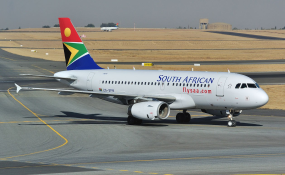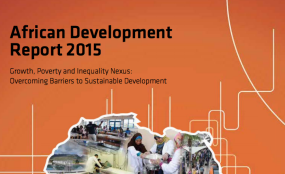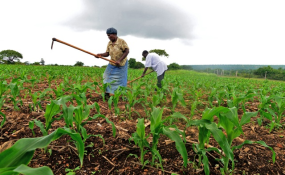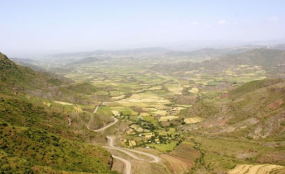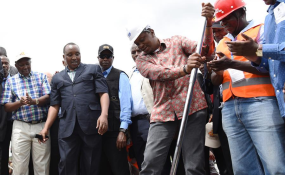China remains committed to programmes announced in December 2015, at the Johannesburg summit on China-Africa Cooperation (FOCAC).
Pan Hejun, the Chinese ambassador to Rwanda said this while briefing journalists about the recent Coordinators’ Meeting of the FOCAC which took place in Beijing in July.
In Johannesburg, China announced 10 initiatives, specifically identified for cooperation over the next three years.
The areas include industrialisation, infrastructure, green development, agricultural modernisation, finance, trade and investment facilitation, poverty eradication and people’s wellbeing.
Others are public health, people-to-people and cultural exchanges, and peace and security.
The Beijing Coordinators’ Meeting discussed the implementation of follow-up actions of the FOCAC summit.
Speaking to journalists yesterday in Kigali, Amb. Pan said Rwanda is already benefitting from FOCAC initiatives and is on the right track for more.
“Rwanda is already benefitting from FOCAC,” he said.
“Two documents have already been signed between the governments of Rwanda and China, one for constructing 54km roads in Kigali and the other for expansion of the Masaka Hospital. You can see that Rwanda is already getting its share and in years to come, more will be agreed upon and implemented,” he said.
According to available documents, the Masaka Hospital expansion project covers an area of 36000square metres.
This includes outpatient department, emergency department, medical and technology department, hospitalisation and partial modification of existing building.
The Kigali urban road upgrading project will see the construction and upgrading of 54.56km of urban roads in the city of Kigali.
In this project, nine roads located on the trunk roads of the city of Kigali will be rebuilt to improve the urban road network.
The roads will be internally connected to Kigali International Airport, central business district, and a long distance bus station and stadium.
Last year, Chinese President Xi Jinping pledged $60 billion in financial support to Africa toward the various initiatives.
Amb. Pan said the cooperation will not only include inter governmental partnerships but also involve partnerships between local and Chinese entrepreneurs and businesses to provide material inputs, technology, production know-how, investment capital, and training.
At the coordinators meeting in Beijing he said, out of the 61 cooperation agreements signed, only 20 were intergovernmental economic and trade cooperation deals signed between Chinese government and relevant African countries.
According to draft statistics, over the past seven months after the conclusion of the summit, China and Africa have signed 243 agreements of various kinds involving a total of $50.1 billion.
The volume of direct investments and commercial loans from Chinese enterprises to Africa reached over $46 billion accounting for more than 91 percent of the total amount.
FOCAC was launched in 2000 in Beijing as a tri annual collective dialogue platform for cooperation between Africa and China.
The 2nd Africa-China Cooperation Forum Summit, in Johannesburg, South Africa was held under the theme “China-Africa Progressing Together: Win-Win Cooperation for Common Development.”




